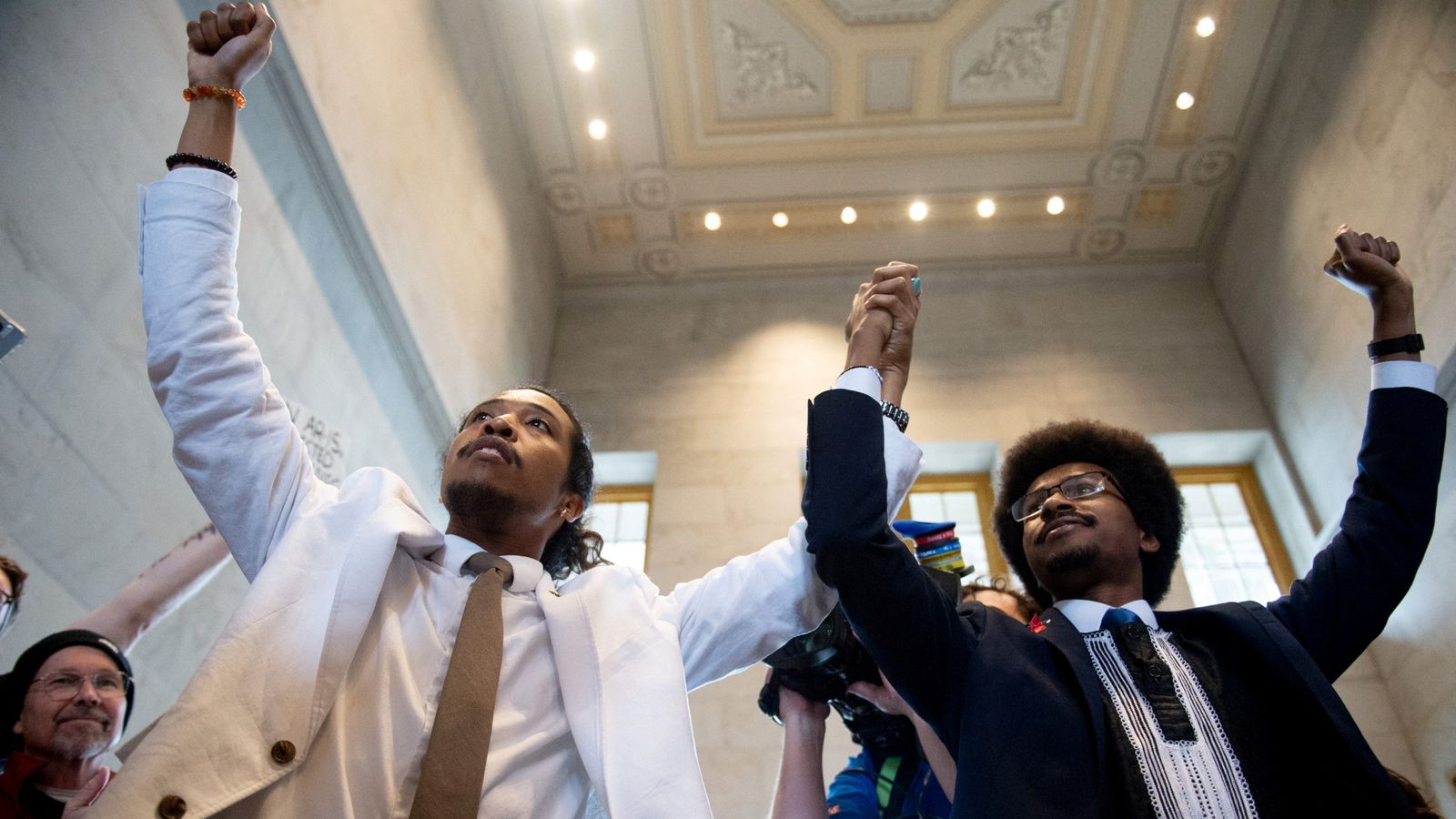At least 58 people have died in the US as the country’s northeastern states struggled with the remnants of Storm Ida.
The deaths include at least four people who died from carbon monoxide poisoning in Louisiana, two dead in Mississippi after torrential rain caused a highway to collapse, and a number of people killed after their cars were swept away in floodwaters – one of them a Connecticut state trooper.
States reported:
• 23 deaths in New Jersey
• 16 deaths in New York
• 11 deaths in Louisiana
• Two deaths in Mississippi
• Two deaths in Alabama
• Two deaths in Pennsylvania
• One death in Maryland
• One death in Connecticut
Many of the deaths in New York were in flooded apartments, such as a family of three, including a toddler, who were not able to get out before the water rushed into their home.
Sophy Liu tried to use towels and rubbish bags to stop the water from entering her first-floor apartment but it rose as high as her chest in half an hour.
She escaped with her son, protecting him with a life jacket and inflatable swimming ring.
The front door was stuck but friends were able to open it from the outside, she said.
Rainfall in New York’s Central Park broke a 94-year record, while Newark, New Jersey, smashed a 62-year record, the National Weather Service said.
Hundreds of vehicles were abandoned on flooded highways, rubbish bobbed along in the water, and the city’s subway tunnels were overwhelmed, with at least 17 trains trapped.
Video footage showed passengers standing on seats in train carriages as the water rose, but NBC reported that 835 people were safely rescued.
Ida was the fifth most powerful storm to hit the US when it reached Louisiana on Sunday as a hurricane, causing tens of billions of dollars in damage.
It wreaked havoc along the Gulf Coast as it was downgraded to a tropical storm, before causing flooding and at least 10 tornadoes, including one with 150mph winds that destroyed homes in Mullica Hill, New Jersey.
Jeanine Zubrzycki, 33, hid in the basement with her three children as their home shook, and said: “It just came through and ripped… and then you could just hear people crying.”
Similar weather has followed hurricanes before but experts said this situation was made worse by climate change – warmer air holds more rain.
The fact that cities have more concrete also had an effect, as concrete stops the water from being absorbed by the ground.
Across the US, one million homes have been left without power, and thousands of people have been made homeless.





